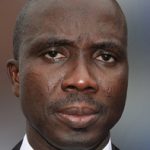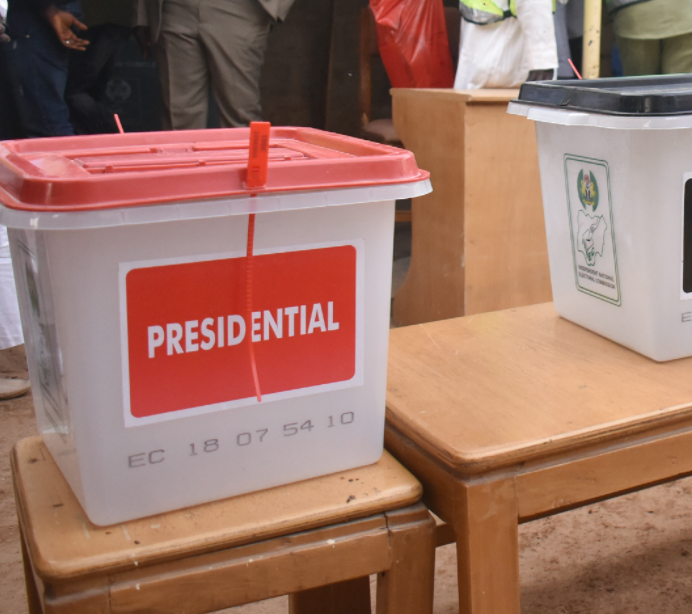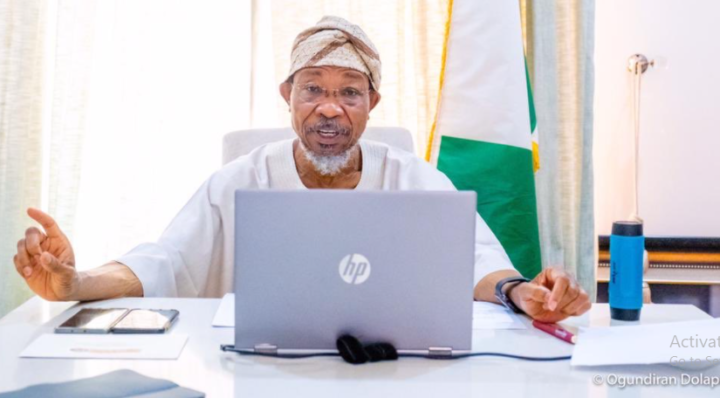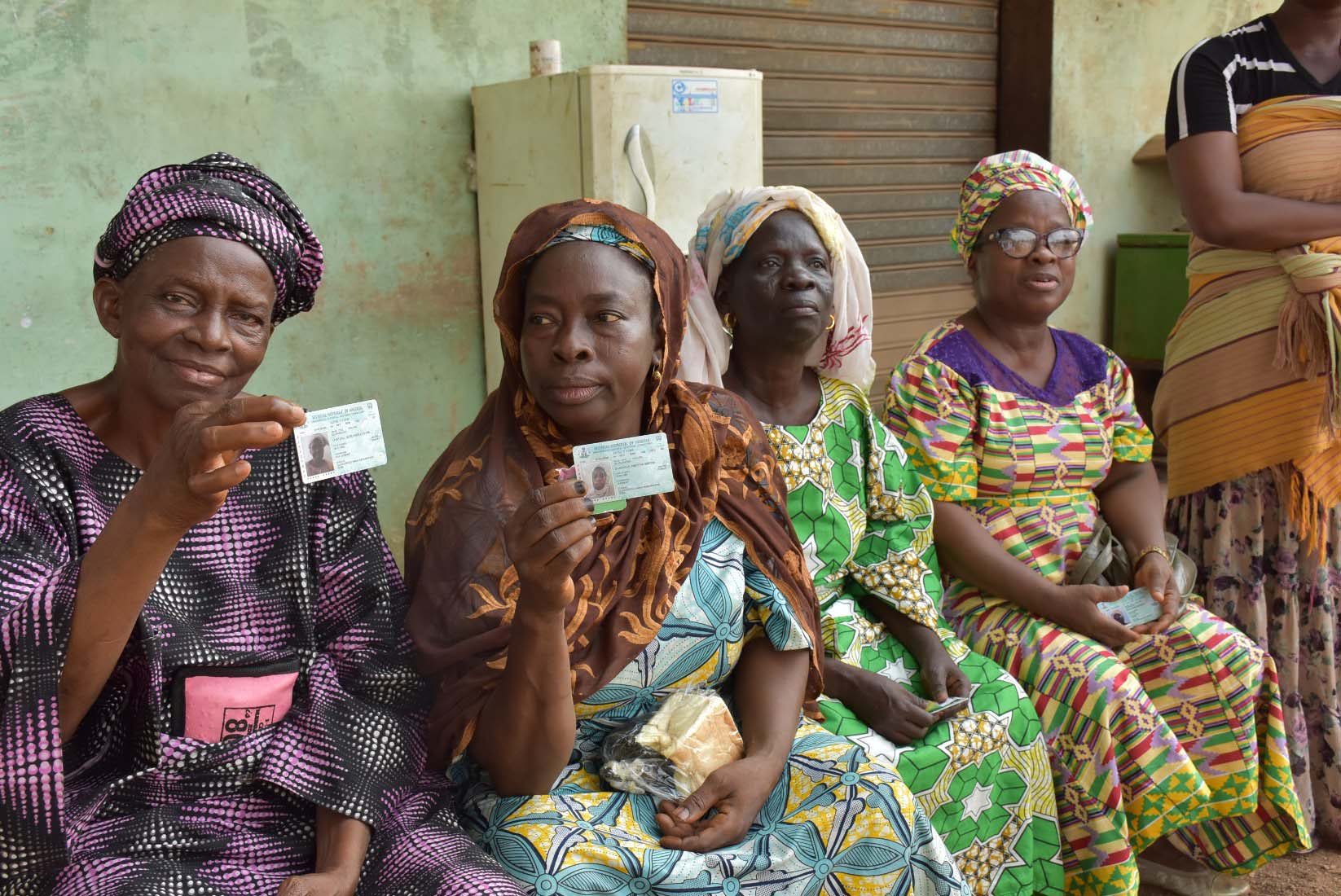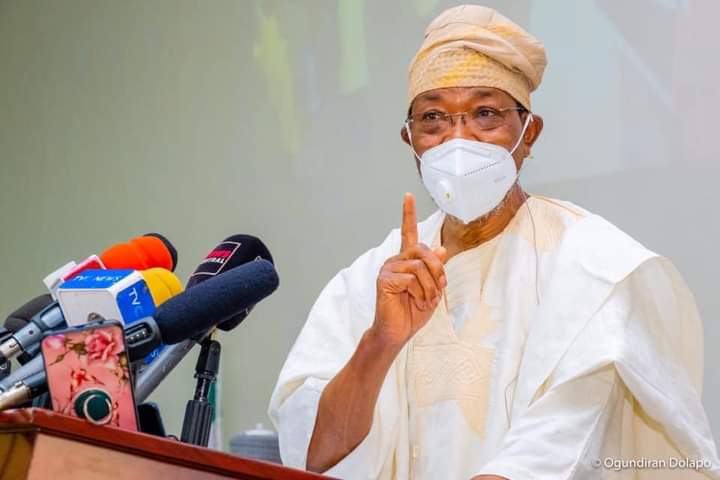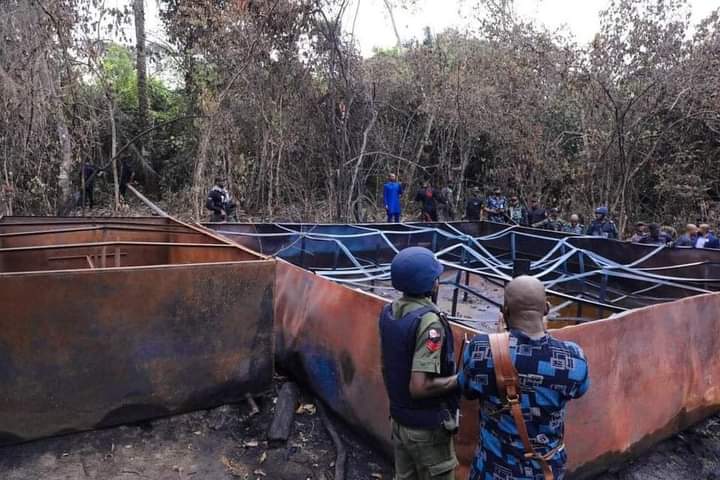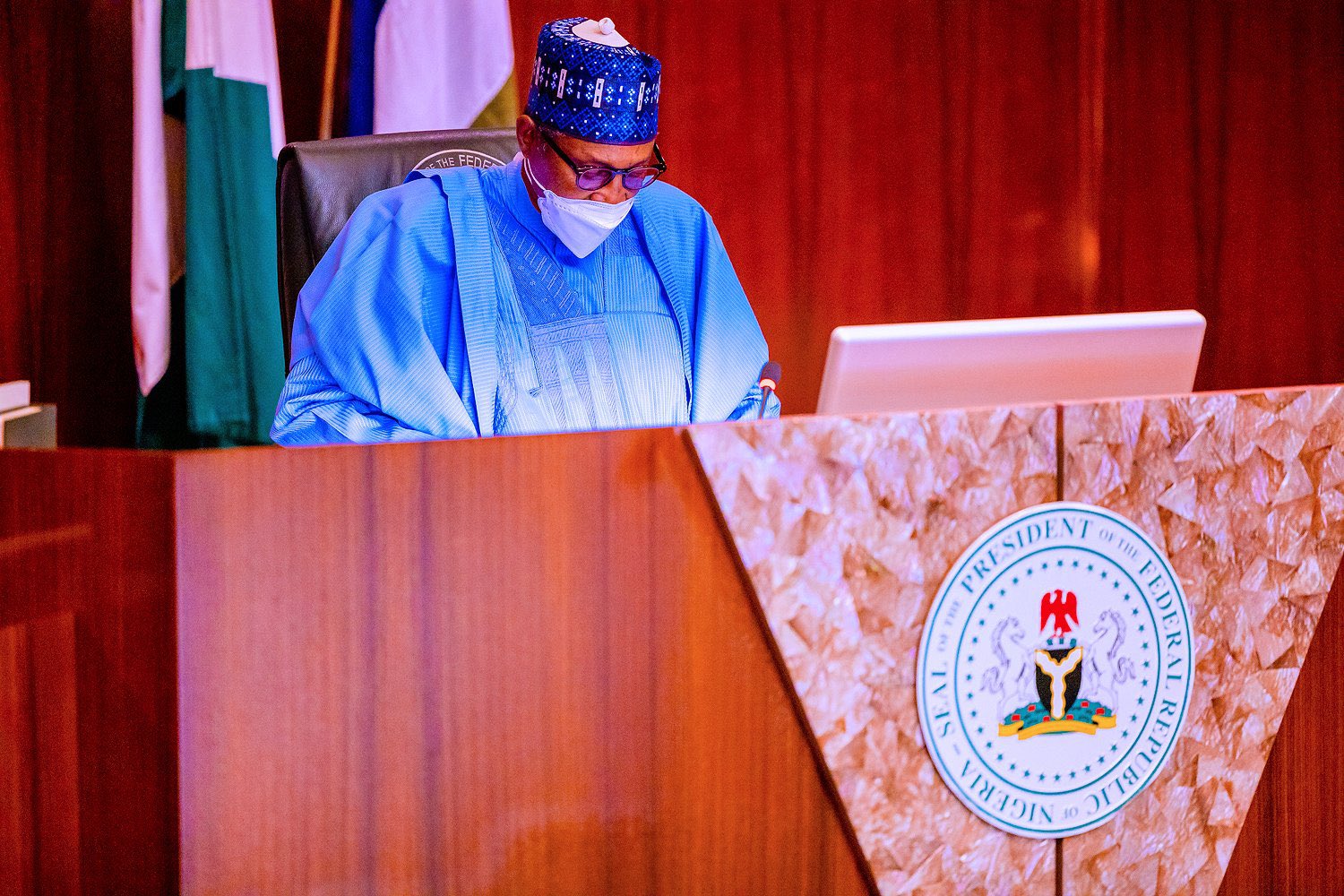Each time I drive on the Mabushi bridge in Abuja on my way to the office, the trip usually set me thinking. The thought of how difficult it would have been getting across to the other side of the expansive road without the bridge would always occupy my mind. From there, I would appreciate the benefits and importance of consistent development in the road construction world.
Though it is obvious that modern civil engineering has continuously made our lives better and more qualitative, a lot of credit should still be given to those who devised and invented the construction of bridges or what some call fly-over, overpass viaduct or aqueduct. They have not only shortened travel time, but they have also provided real-time links and strong contacts between hitherto disparate groups, individuals, and places. The bridges have served as social unifiers and enablers of commercial activities.
The bridges in some situations have been lifesavers, by reducing vehicular accidents and needless loss of lives. The bridge is therefore a strong social and economic concrete, cementing ties, uniting, and keeping people close to each other.
In a nation with over 200 million black people, making it the seventh most populous nation in the world, scattered around 923,768 square kilometres, more than four times the size of the United Kingdom, with the people, also speaking about 250 different languages, and worshipping God in different ways, the concept of the bridge have more meanings. It is a necessity to link the disparate parts together.
There is the need for a symbolic bridge in Nigeria to connect all the dots, create unity, provide focus, chart a clear direction, and band all and sundry together like a united army seeking to conquer all odds, bring down the obstacles, and achieve national development. A bridge is needed to ensure there is the unity of purpose and that the societal goals that seek to promote the interest of the majority and create good for the minority are needed.
Perhaps, there is no time that Nigeria needs a ‘bridge-man’ to lead her more than now. This is the era when the people have continuously lost faith in their leadership. Patriotism is at the lowest level. The people have receded from their embrace of a united Nigeria and rather ran back to their different ethnic nationalities.
Threats of secession and promotion of ethnic identity over national unity are very rife. There is also the use of religion to perpetrate criminality. Hiding under the guise of religion, some citizens have since waged war against the country. They are threatening to take over parts of the nation using insurgent tactics.
The economy is at its lowest level and the resultant youths unemployment has turned over 62 percent of the population which should be the most productive demographics to the most prolific criminals. Against the background of lack of gainful employment, Nigerian youths have found solace in cultism, ritual killing, advance fee fraud, kidnapping, armed robbery, and drug abuse. Now, we have an army of youths capable of destroying the nation in vengeance for the ill-treatment the country has meted to them.
And then 2023 is around the corner. It is our next magic year. It is the year we have to elect new leaders in the executive and legislative arms of government at the federal and state levels (at least in 30 of the 36 states). The year allows us to choose a President who will lead the new efforts to unite the country, rebuild the economy, tackle more vigorously the security issues, mobilize all Nigerians behind the new set of goals, create the belief that new ways of doing things are possible and that a new Nigeria can be imagined because the old ways are not working and give the realistic hope of new possibilities.
2023 gives Nigerians the opportunity to elect a President who represents fresh leadership, real solutions, energy, zeal, and optimism, all of which represent the new Nigeria for all Nigerians.
With all these daunting tasks, you can see why Nigeria needs a leader who symbolises the bridge across all her divides. We need a leader who is neither North nor South. The one who by disposition and choice has reasons to respect the right of all Nigerians to worship God in legal and just ways that elevate the essence of our common creator. We need a leader who can be at home with the youths that represents a predominant section of our populace but can also earn the respect and support of the older generation.
We need a leader who knows how to motivate the private sector to grow the economy and attract foreign investors into Nigeria. The next President should have the capacity to create unity of purpose between the two political arms of government – legislature and executive – as well as restore the judiciary to the level where it naturally serves as an impartial arbitrator, the institution that delivers justice, equity, and equality to all Nigerians, irrespective of their stations in life.
The next Nigerian President should naturally command national and international respect. He should be one who can immediately rise above the PDP, APC, SDP, APGA, Accord, etc divide. He must work to improve efficient service delivery to all Nigerians, irrespective of how they voted and who they voted for.
I do have an aspirant in mind. He has all the qualities of the ‘Nigerian bridge’ which no other contestant can boast of. He has a father with Fulani ancestry and a mother and wife who are both from the South. He had a grandfather from the north and grandmothers from the South.
He is therefore at home both in the North and South of the country. His friends, associates, and employees are from across all the states in the country. He is a devout Muslim with a Christian mother and wife. He is from a state which straddles the North and South and whose people speak languages and has cultures from both the north and south of Nigeria.
The candidate I have in mind represents the aspiration of both the young and the old for a greater Nigeria where things work and where global best practices obtain. He is 59 years old. He came into politics from the private sector and has had a successful career in both the private and public sectors.
He has served in distinguished manners in both the executive and legislature at the state and federal levels. He has a follower-ship and a large support base in all the leading political parties. He is a man with a much-needed international network that has been used for the benefit of Nigerians at different levels in the past. His name is Abubakar Bukola Saraki.
Olaniyonu writes from Abuja
Views expressed by contributors are strictly personal and not of TheCable.
Add a comment
